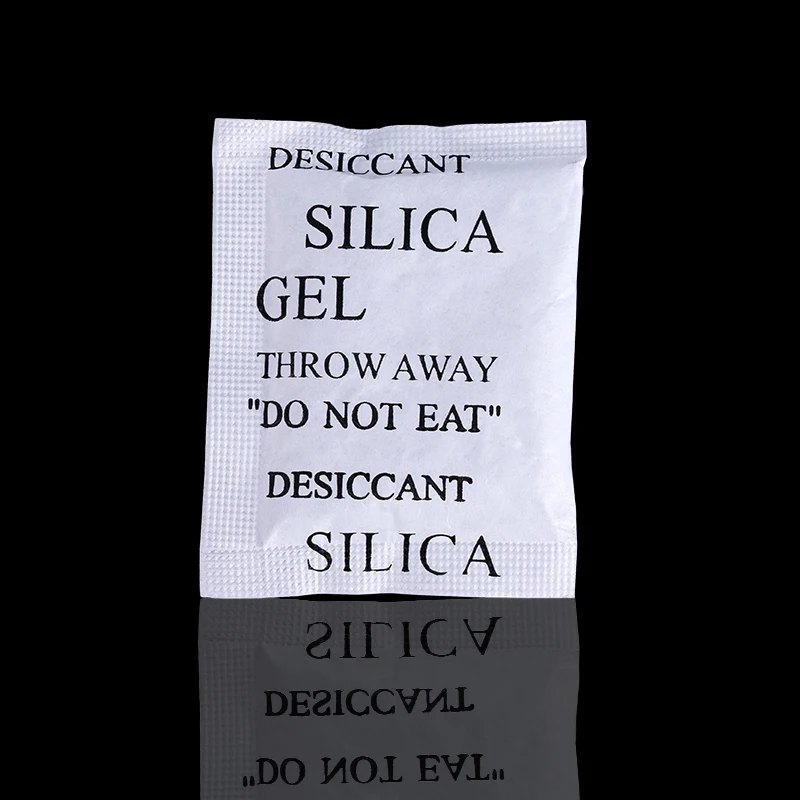
The chances of getting silicosis will depend on many factors, including how much silica dust you come into contact with, and for how long you were exposed to it. Not everyone who works with silica dust develops silicosis.

hydraulic fracturing of gas and oil wells.angle grinding, jack hammering and chiselling of concrete or masonry.abrasive blasting (blasting agent must not contain greater than 1 per cent of crystalline silica).brick, concrete or stone cutting especially using dry methods.mining, quarrying and mineral ore treating processes.clay and stone processing machine operations.excavation, earth moving and drilling plant operations.making and installing composite (engineered or manufactured) stone countertops.You are at risk of developing silicosis if your work involves: You are at risk of silicosis if you work with quartz, sand, stone, soil, granite, brick, cement, grout, mortar, bitumen or engineered stone products. If you develop the symptoms of silicosis, make an urgent appointment with your doctor if you work, or have worked, with products that create silica dust. Silicosis can also increase the risk of getting other serious conditions such as tuberculosis (TB), chest infections, emphysema, kidney damage and lung cancer.

You might also have trouble sleeping and eating properly. Eventually, you might find simple activities such as walking or climbing stairs difficult. The symptoms become severe as the condition gets worse. But in the early stages of silicosis, there may be no symptoms. The main symptoms of silicosis are shortness of breath after exercising, chest pain, a harsh, dry cough and tiredness. The difference is how long it takes for problems to develop. acute silicosis - develops within weeks or months of exposure to silica dustĪll 3 types affect you in the same way.accelerated silicosis - exposure to silica dust for 3 to 10 years.chronic silicosis - exposure to silica dust for more than 10 years.There is no cure for silicosis and it can be fatal.

Silicosis can lead to breathing problems, a serious lung condition called Progressive Massive Fibrosis (PMF), or lung cancer. Once inside the lungs, the dust particles can scar the lungs. People who work with certain materials may inhale a very fine dust that contains silica. Silicosis is a long-term lung disease caused by inhaling unsafe levels of silica dust, usually over a period of many years. Related information on Australian websites.


 0 kommentar(er)
0 kommentar(er)
